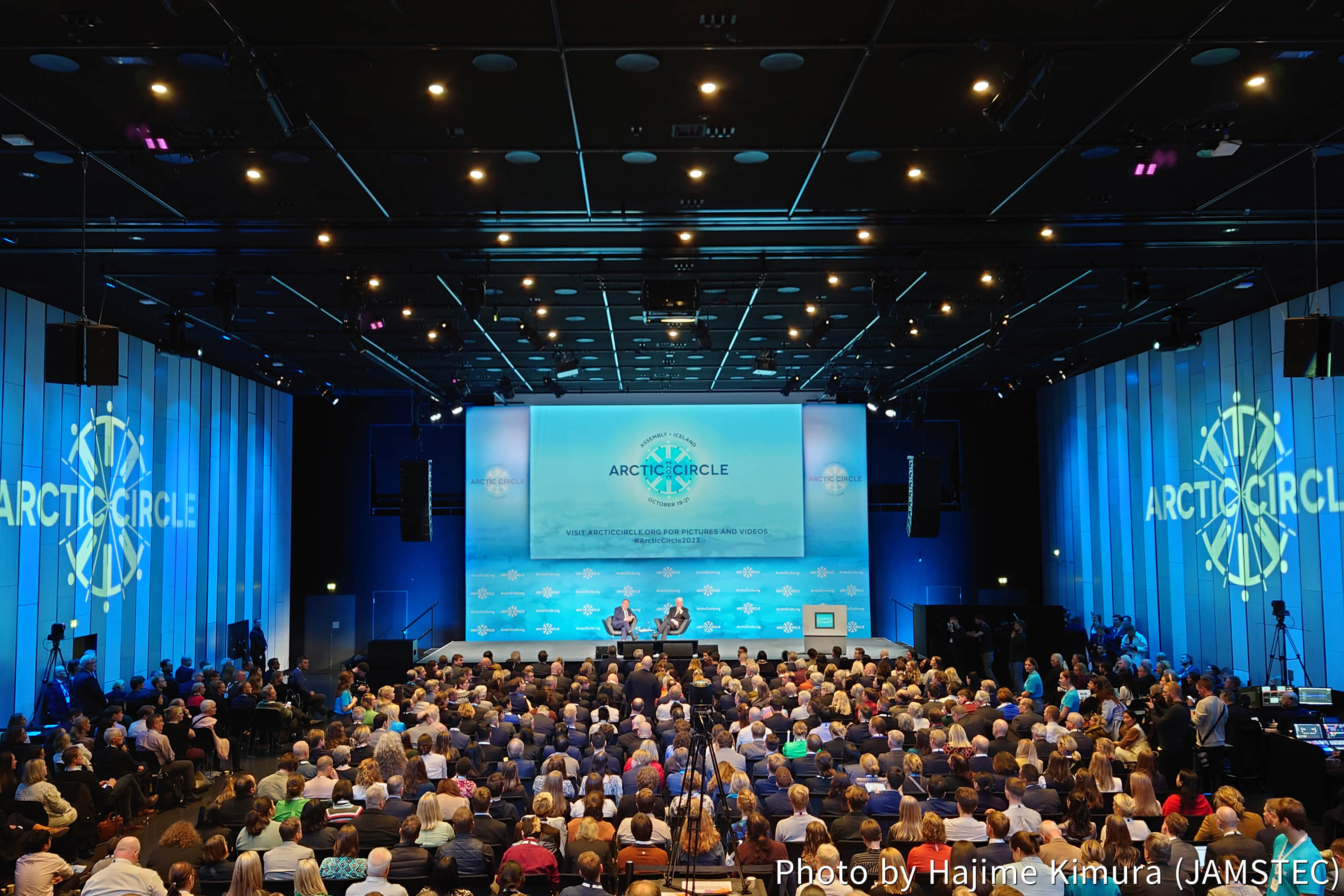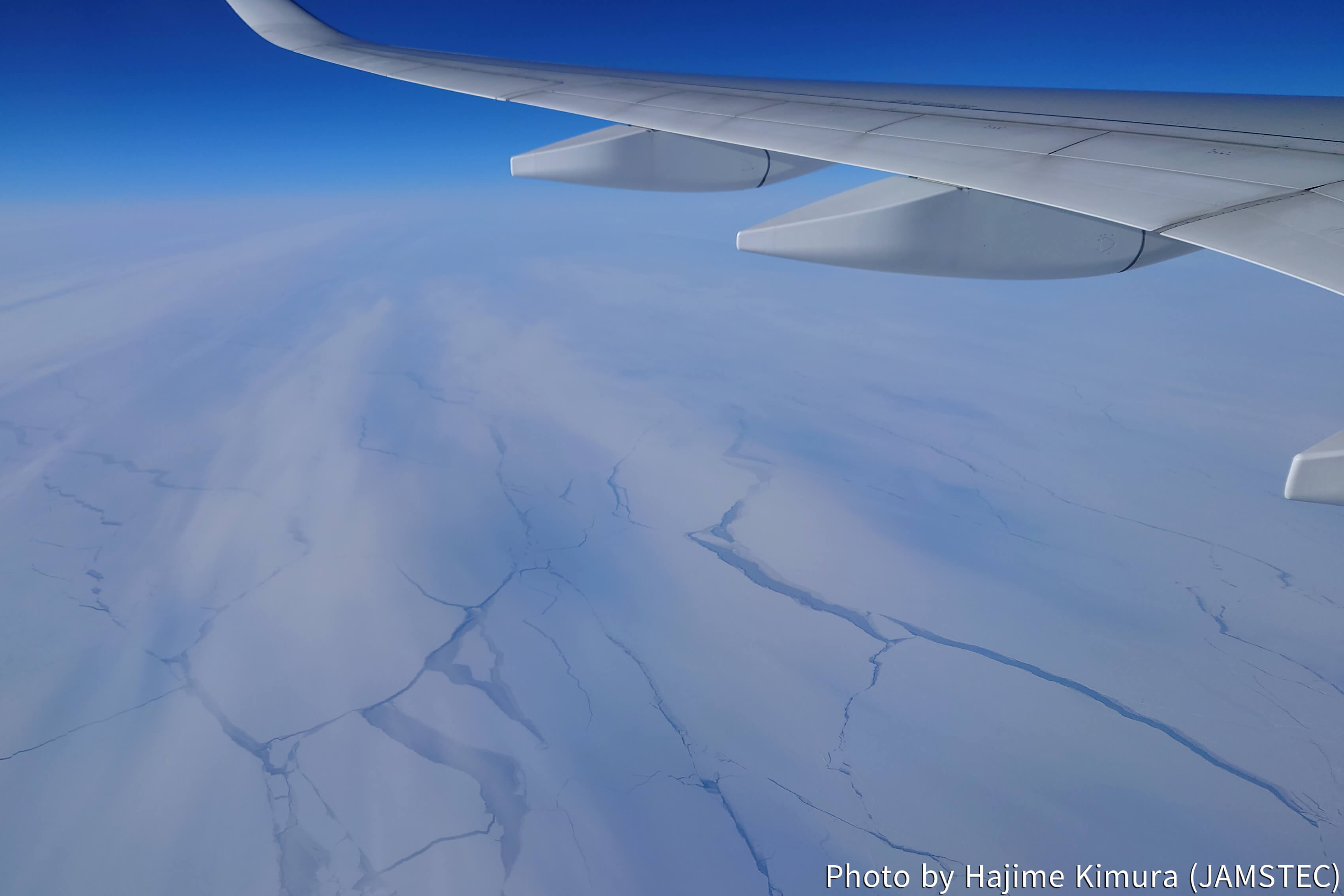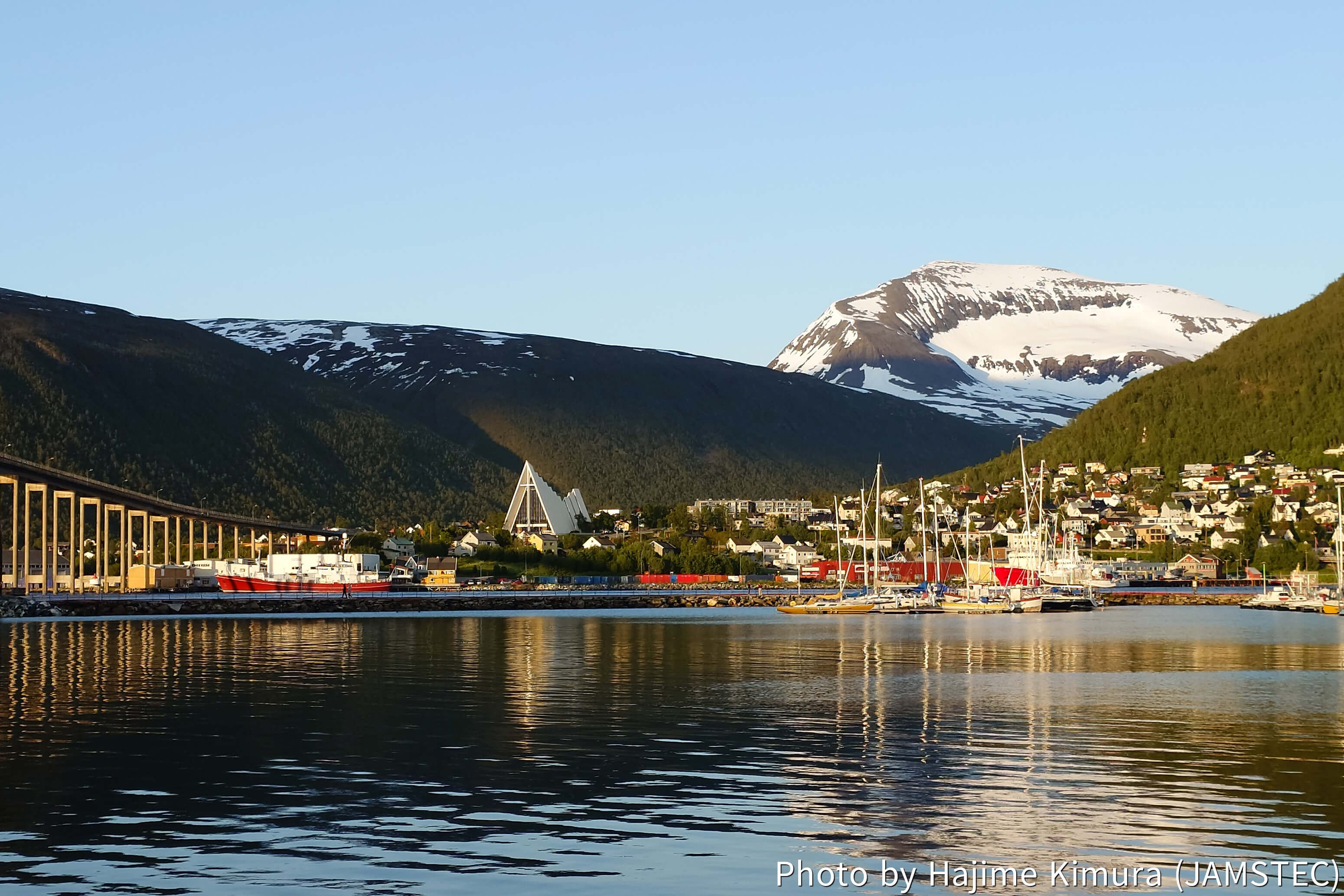Governance
Understanding the changing landscape of Arctic governance and exploring its future pathways

PI: Hajime Kimura (Japan Agency for Marine-Earth Science and Technology)
The Arctic region is undergoing profound and multifaceted transformations, driven by rapid environmental change and increasing geopolitical uncertainty. Climate change has led to a significant loss of sea ice in the Arctic Ocean, making the commercial use of Arctic sea routes and natural resource development more viable. At the same time, the growing scale of human activity is having tangible impacts on the Arctic’s environment, ecosystems, local communities, and the cultures and ways of life of Indigenous Peoples.
Russia’s invasion of Ukraine in 2022 has further destabilised the institutional landscape of Arctic governance. The Arctic Council, which had long served as the main platform for decision-making and scientific collaboration among the eight Arctic states (Canada, Denmark, Finland, Iceland, Norway, Russia, Sweden, and the United States), was compelled to suspend its activities following the breakdown of cooperation involving Russia. Although some functions have since resumed, the long-standing framework that once embodied a model of international cooperation remains under considerable strain.
Today, the Arctic is increasingly framed as a region of geopolitical competition and strategic tension, rather than as a space where international cooperation has been achieved. In the Arctic, environmental, economic, human rights, and security concerns are no longer merely overlapping but increasingly converging in ways that require coordinated and adaptive governance. For Japan, a non-Arctic state, the importance of sustained engagement in the Arctic—through scientific research, sustainable development, and international cooperation—has grown markedly in light of these circumstances.
We aim to examine the current challenges facing Arctic governance and to analyse how international institutions and regional stakeholders are responding to rapidly shifting environmental and political conditions. We seek to build a robust foundation for informed policy-making by identifying emerging needs for international cooperation and exploring how Japan can contribute to the evolution of inclusive and effective governance structures in the region.
Our group adopts an interdisciplinary approach centred on three domains: (1) environmental governance, (2) regional and socio-political governance, and (3) scientific governance. We also examine how these domains interact, recognising the complex and dynamic nature of change in the Arctic. By engaging with other academic fields and integrating diverse perspectives, we aim to construct an innovative and holistic research model that contributes both to theoretical understanding and to addressing the practical challenges of governing the Arctic in a time of uncertainty.
Sub-Theme Coordinator (Sub PI)
-
 Aki Tonami (University of Tsukuba)
Aki Tonami (University of Tsukuba) -
 Juha Saunavaara (Hokkaido University)
Juha Saunavaara (Hokkaido University) -
 Hajime Kimura (JAMSTEC)
Hajime Kimura (JAMSTEC)
Members
| Sub-Theme 1 | |
|---|---|
| Name | Research Institute |
| Aki Tonami | Univ. of Tsukuba |
| Atsushi Ishii | Tohoku Univ. |
| Okubo Ayako | Tokai Univ. |
| Kazuki Kagohashi | Nanzan Univ. |
| Izumi Kubota | NIES |
| Daisaku Shimada | Ryukoku Univ. |
| Wakana Takahashi | Utsunomiya Univ. |
| Sub-Theme 2 | |
|---|---|
| Name | Research Institute |
| Juha Saunavaara | Hokkaido Univ. |
| Yuko Adachi | Sophia Univ. |
| Natsuhiko Otsuka | Okhotsk Sea Ice Museaum of Hokkaido |
| Fujio Ohnishi | Hokkaido Univ. |
| Tomoe Katoh | Hokkaido Univ. |
| Yumi Tanaka | Hokkaido Univ. |
| Shinichiro Tabata | Hokkaido Univ. |
| Marina Lomaeva | Hokkaido Univ. |
| Michitaka Hattori | Hokkaido Univ. |
| Minori Takahashi | Hokkai Gakuen Univ. |
| Masahiro Tokunaga | Kansai Univ. |
| Daisuke Harada | JOGMEC |
| Sub-Theme 3 | |
|---|---|
| Name | Research Institute |
| Hajime Kimura | JAMSTEC |
| Osamu Inagaki | Kobe Univ. |
| Tomohiko Kobayashi | Otaru Univ. of Commerce |
| Yoshinobu Takei | Keio Univ. |
| Sakiko Hataya | The Sasakawa Peace Foundation |





